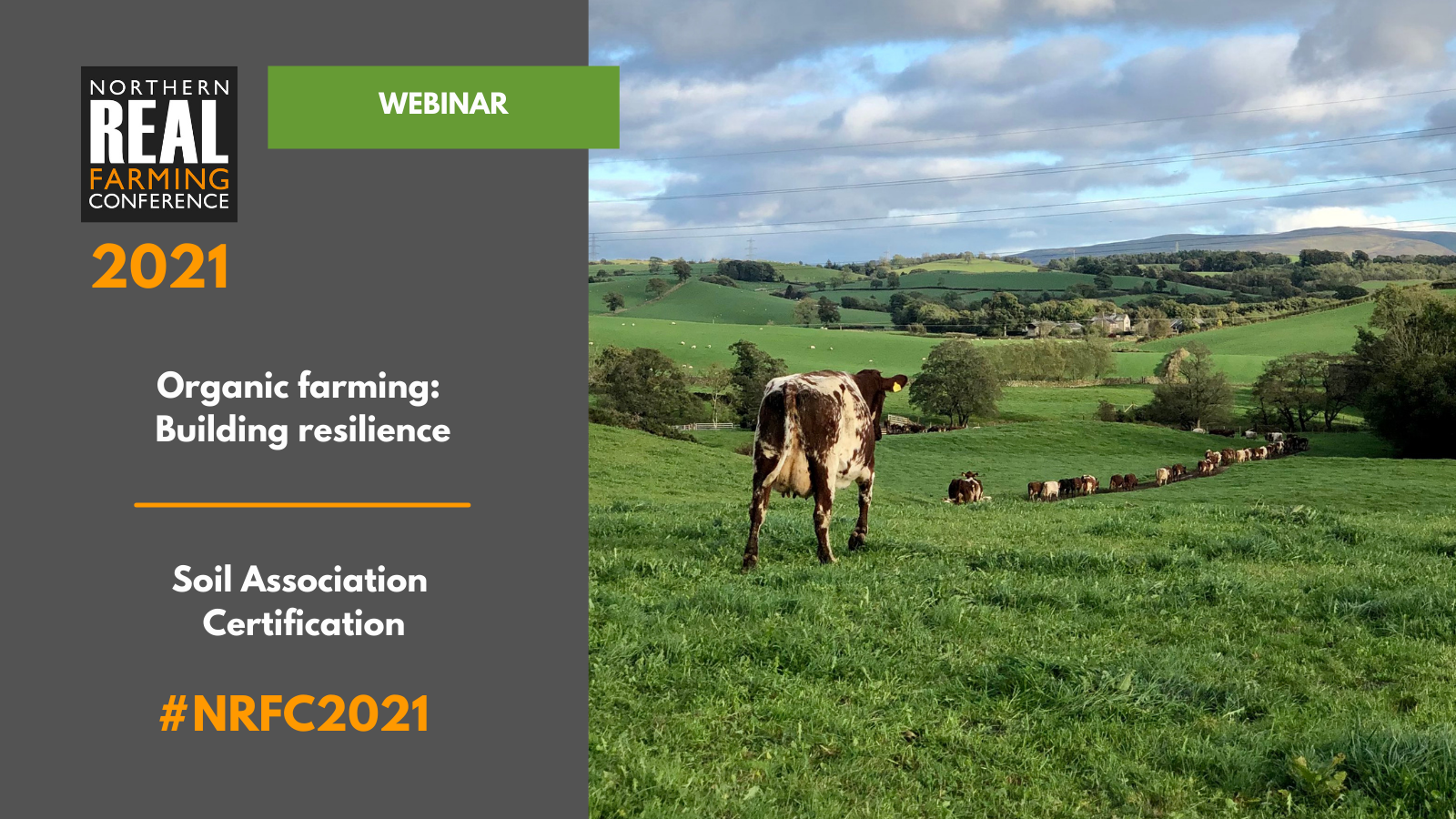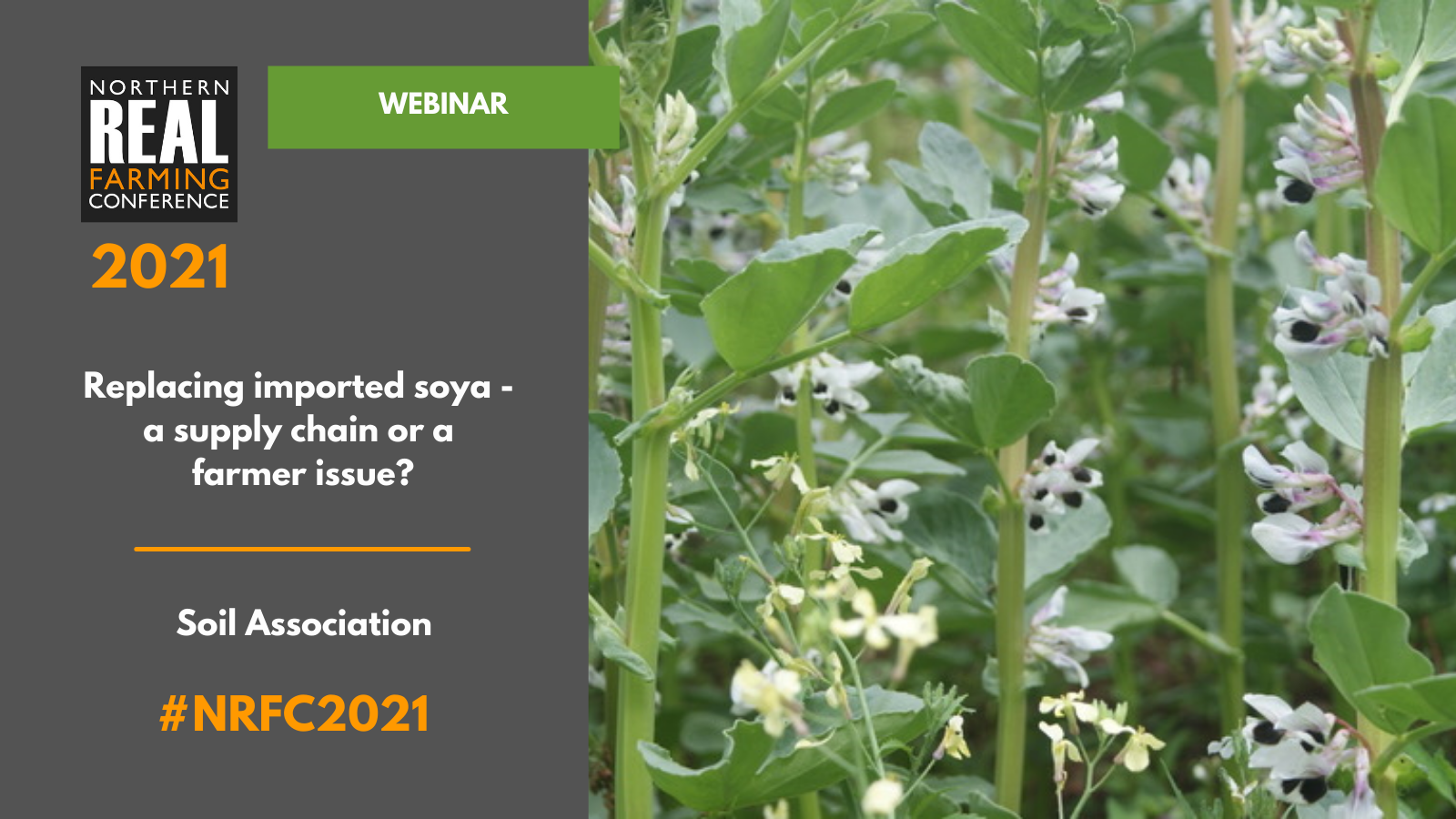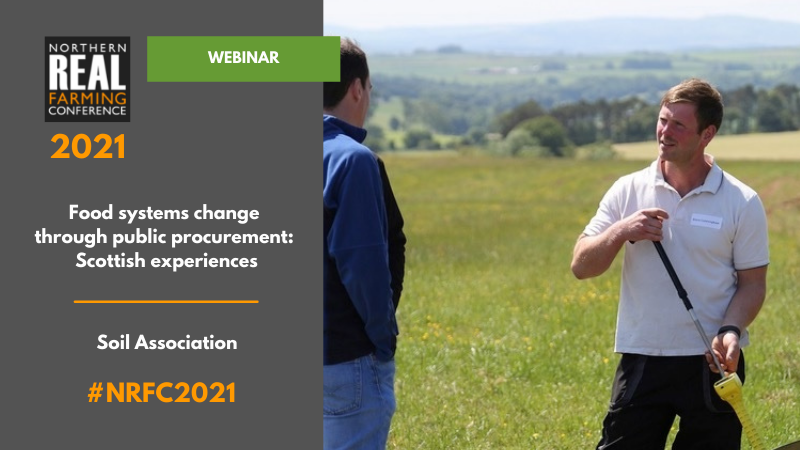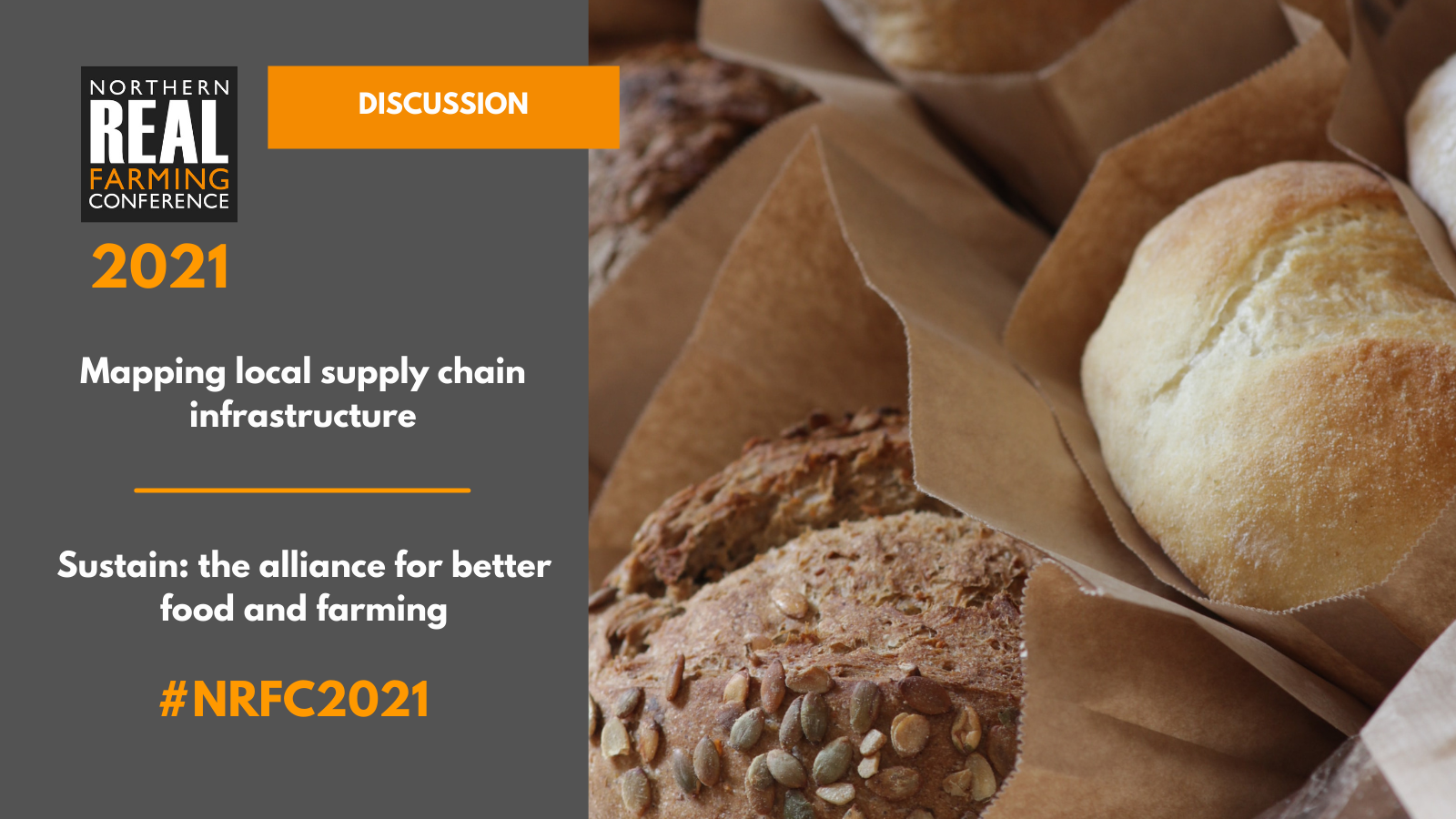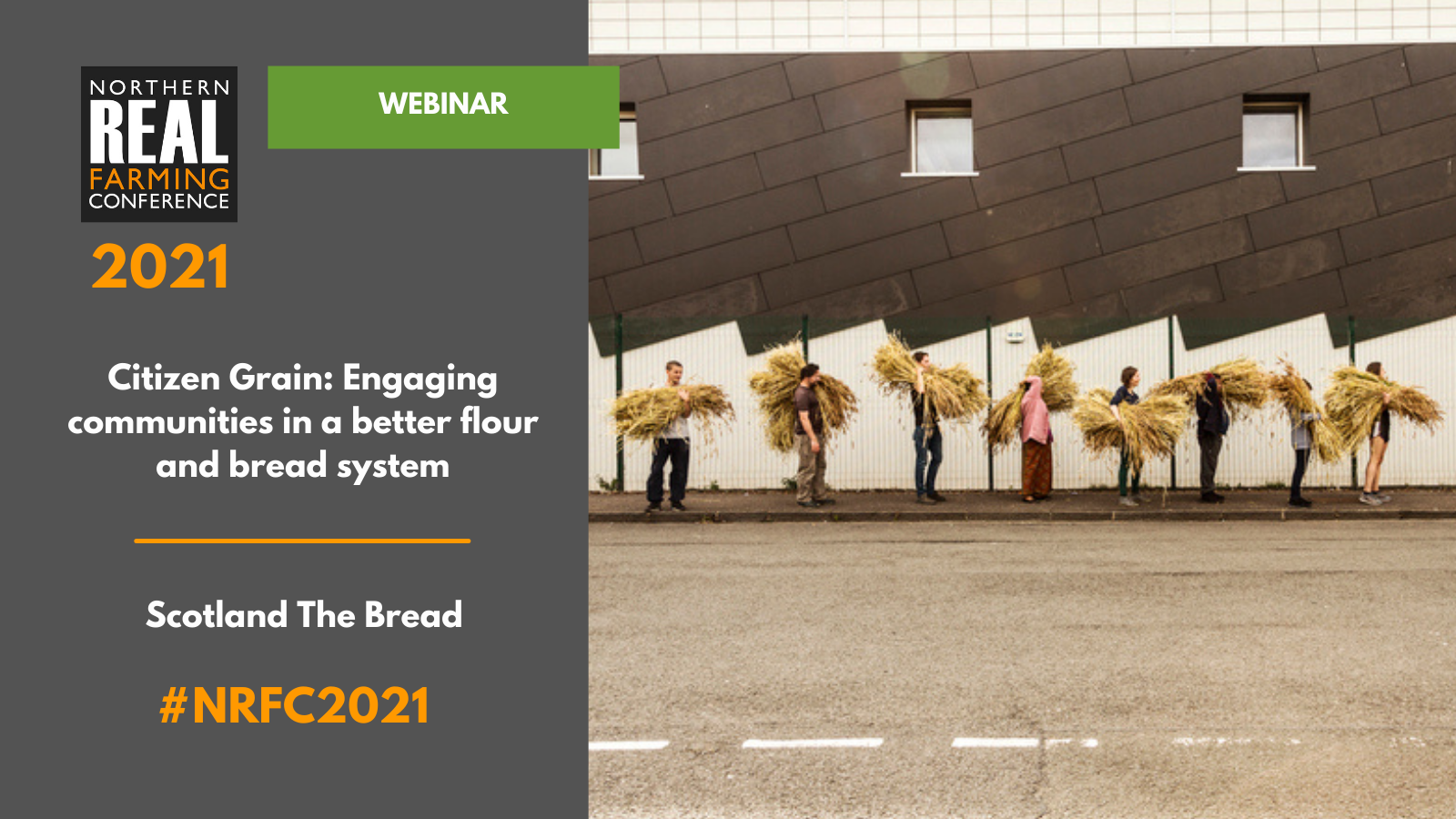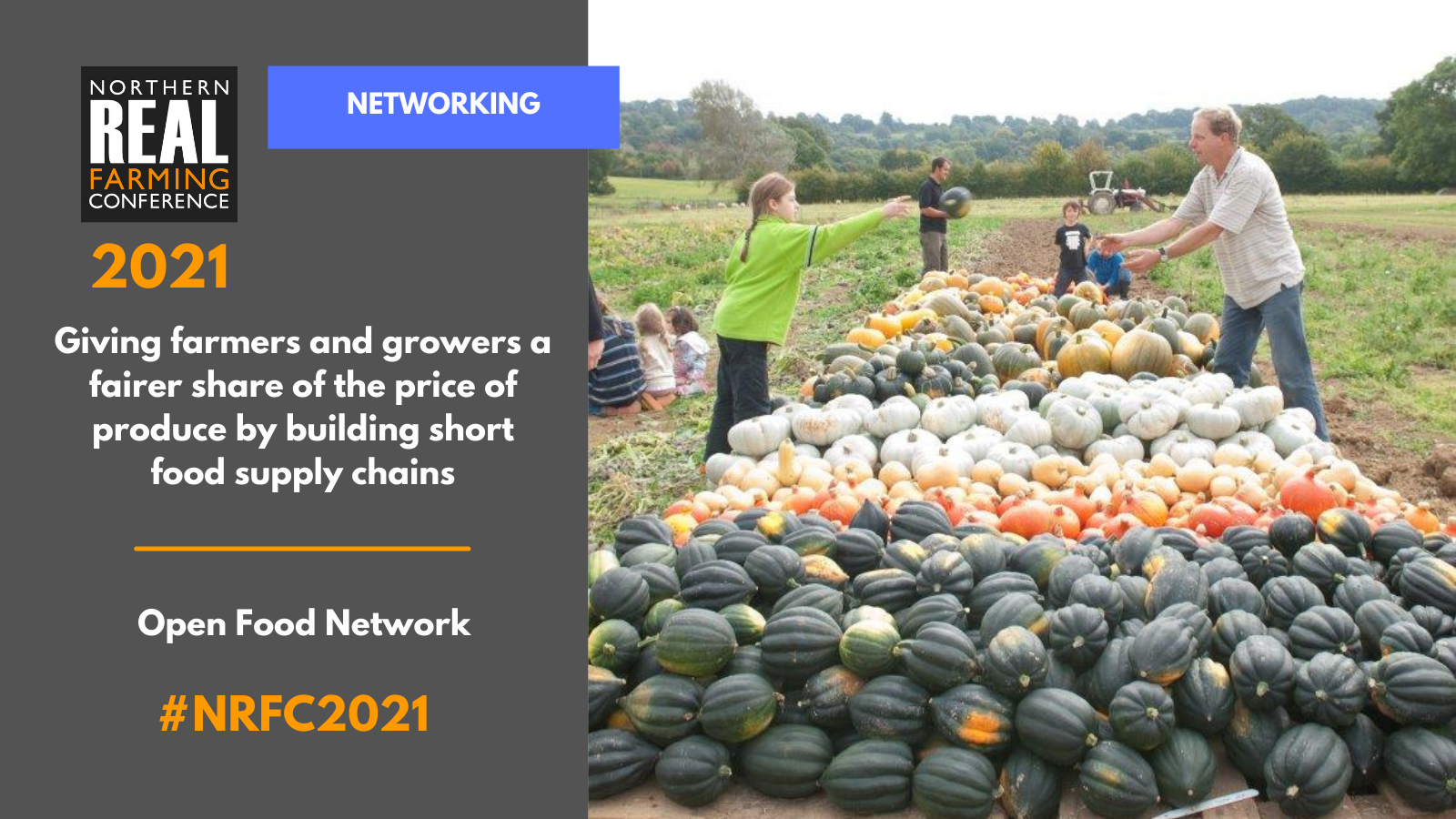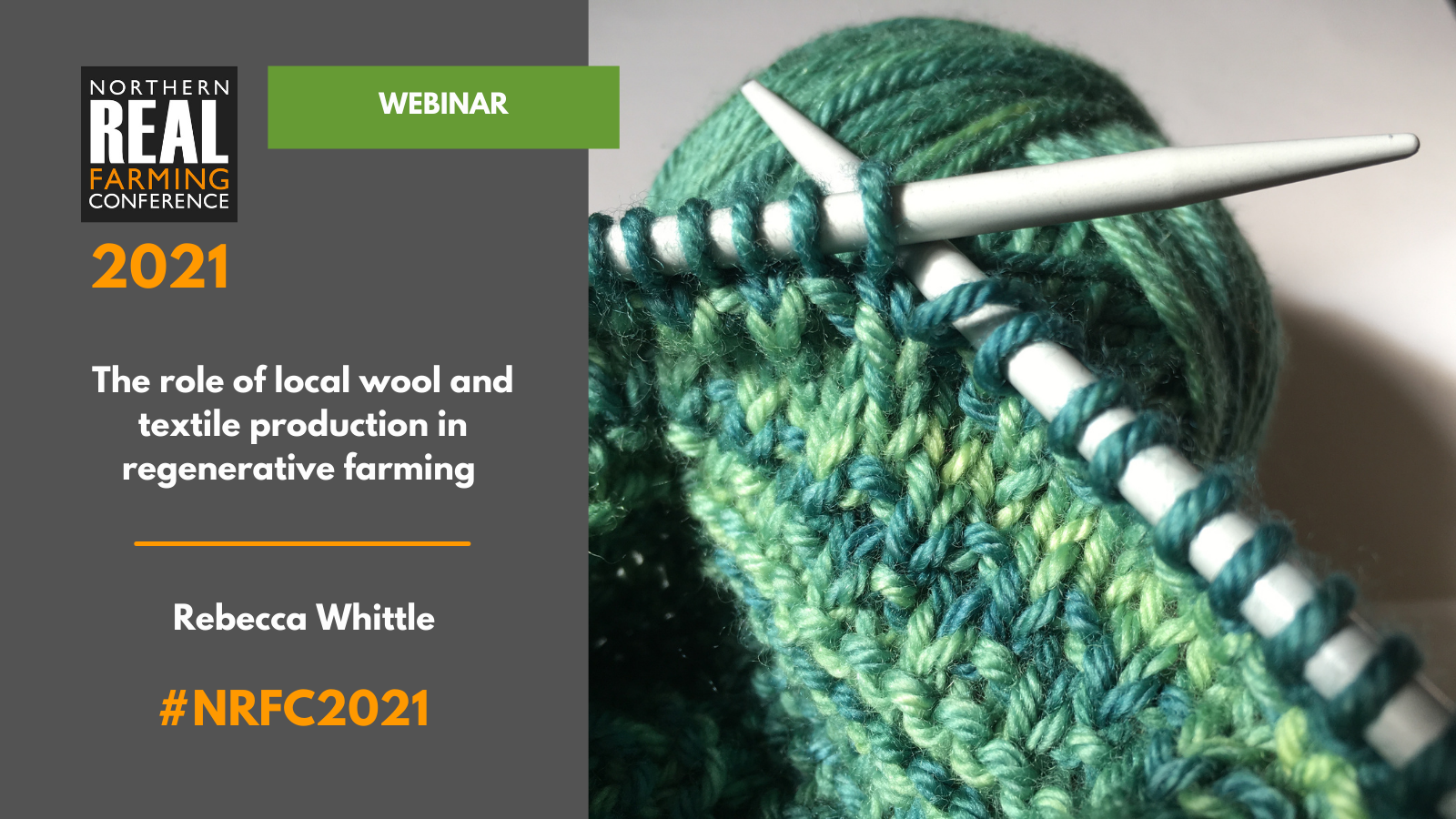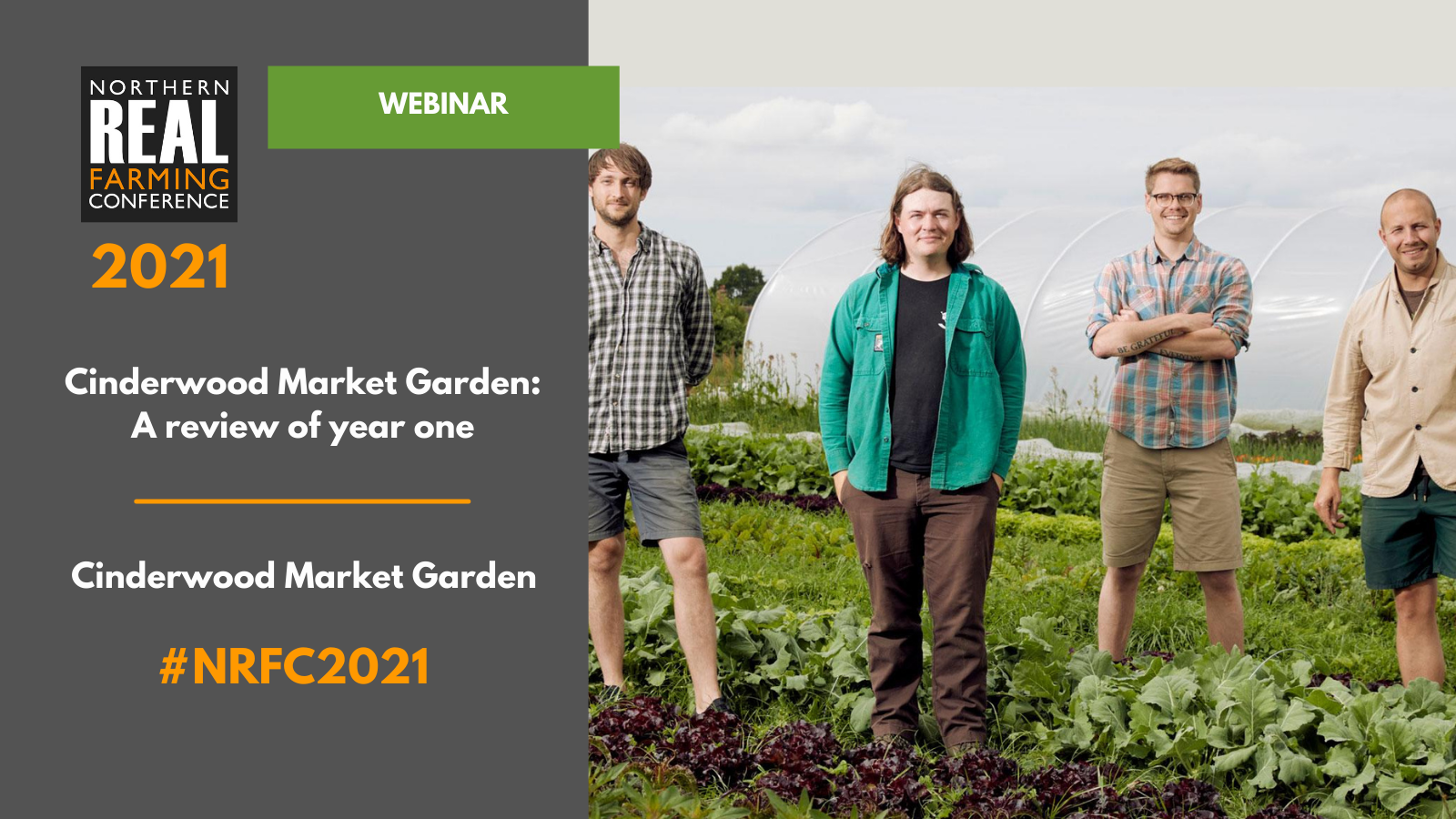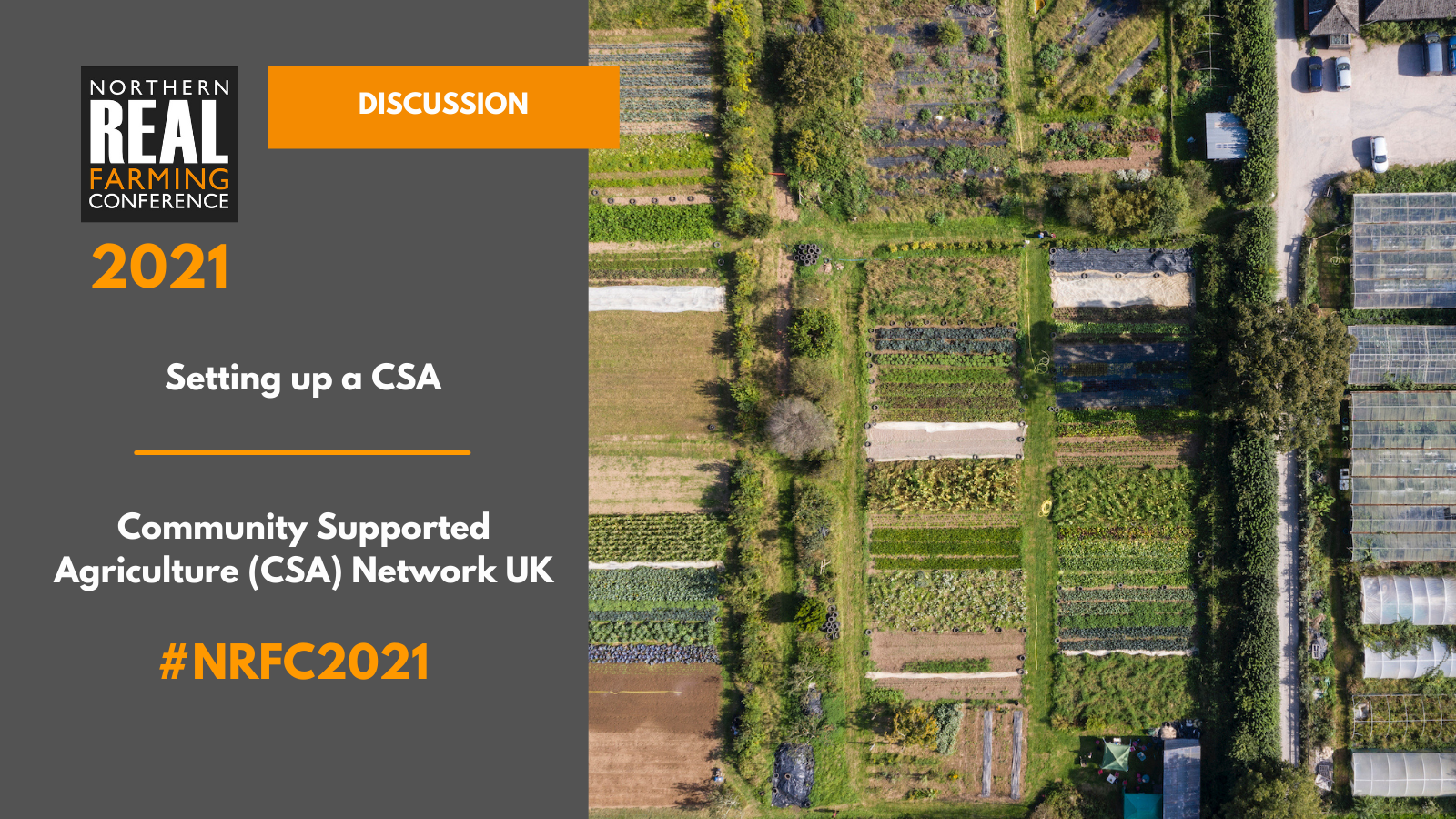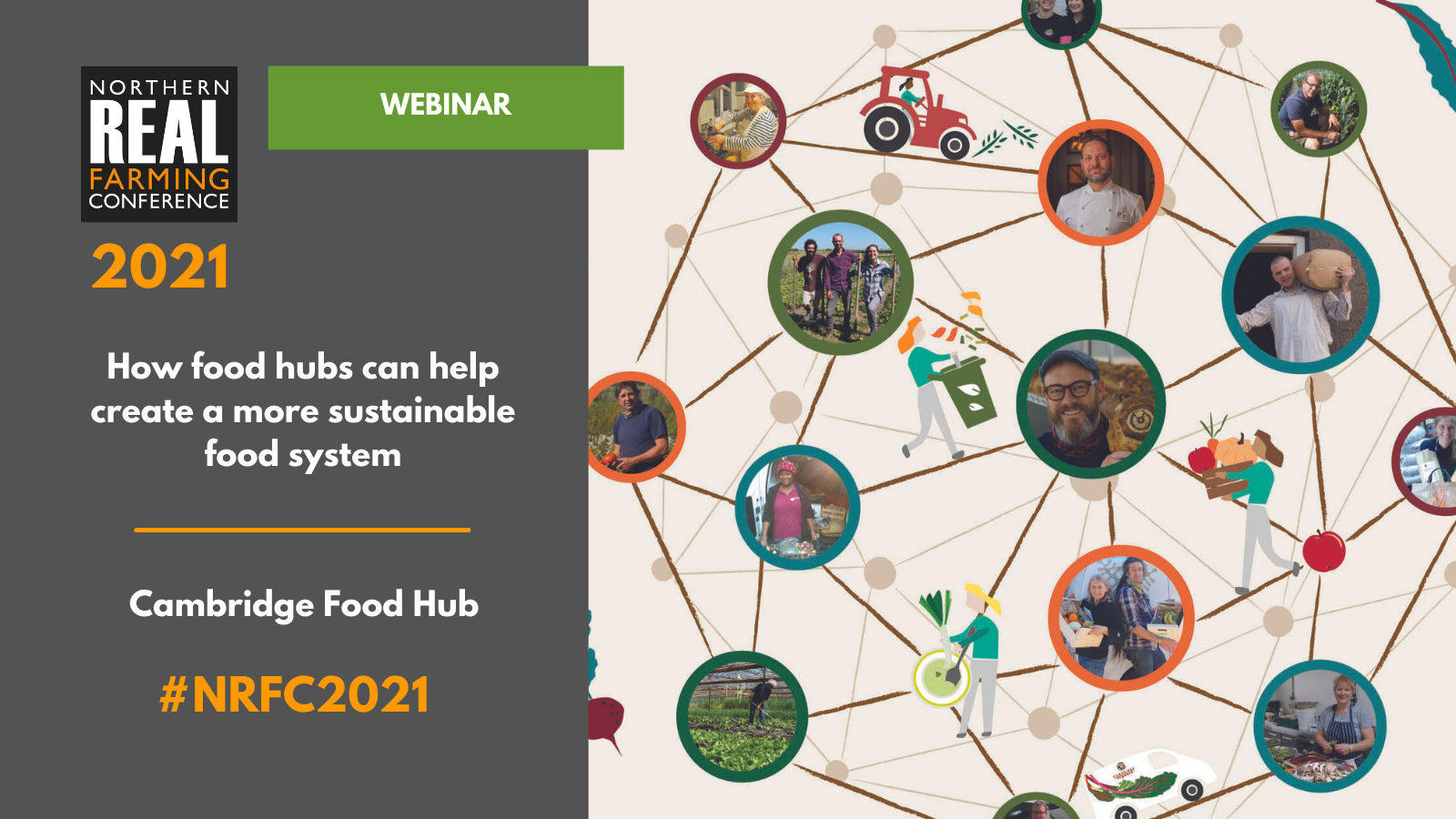Hosted by the Soil Association Certification
Organic Farming is a well-established model of sustainable production, however a transitioning agricultural policy landscape, a changing climate and growing sustainable food and drink markets are presenting new opportunities and challenges for organic farmers. This session outlines emerging trends and explores how farm businesses are adapting to build environmental and financial resilience in a time of change.
Drawing on robust organic market trend data, and featuring speakers from Northern organic farm businesses, and agricultural policy experts, this session offers valuable insight into the performance of, and outlook for, the Northern organic farming sector and will explore how organic offers a valuable production model for building future farm resilience.
The session will include:
– An organic market update: Beth Kelsey – Business Development Manager (Farming), Soil Association Certification
– A chaired panel discussion with James Robinson (Organic dairy farmer, Strickley Farm) & Bob Paton (Organic Market Gardener; Hexhamshire Organics) providing first-hand practical insight into environmental & financial resilience on farm. Chair: Mark Palmer – Northern-based Inspector & Agricultural lead, Soil Association Certification
– Policy/payments update – public good delivery, agricultural transition. Adrian Steele – Organic Sector Development Advisor, Soil Association
Speakers/hosts include:
Adrian Steele – Adrian is Organic Sector Development Advisor (Soil Association) and has been involved with the organic sector for many years as a farmer, and has been instrumental in creating and developing marketing initiatives in the livestock, seeds and cereals sectors, in addition to supporting organic representation within the agricultural policy transition.
Mark Palmer – Mark is Northern based inspector & Agricultural lead (Soil Association Certification) and has built his lifelong career in the sustainable food and farming sector, with experience managing multiple farms and being an organic farm consultant. With strong expertise in organic farming, Mark is now a senior inspector for Soil Association Certification, supporting organic businesses across the supply chain from farm to fork.
James Robinson – James is an organic dairy farmer at Strickley Farm, Cumbria. He is a 5th generation farmer, managing an organic dairy farm nestled between the lake district and the Yorkshire dales – home to a milking herd of 120 pedigree shorthorns. James is involved with the Nature Friendly Farming Network and believes that nature plays a key role in the decision-making on farm and ensures that everything possible is done to enhance the biodiversity of all habitats.
Bob Paton – Bob is an organic market gardener; Hexhamshire Organics, Northumberland. Bob and his wife Ann run a well-established 6 acre organic market garden, delivering fresh local organic produce to their surrounding community. They produce organic fruit, vegetables, rare breed pork and juice from their orchard. Hexhamshire believe in having a strong relationship with their customers, and update a detailed blog post of the farm’s activity, every single week.
Beth Kelsey – Beth is Business Development Manager (Farming); Soil Association Certification. Beth grew up on her family farm in Devon and has been immersed in the business since a young age. She has worked within organic certification for 6 years, supporting farmers through their certification, and her role focuses on showcasing the benefits of organic farming, strengthening supply chains and encouraging knowledge sharing.
Sophie Kirk – Sophie is Senior Business Development Manager (Agri-food & farming); Soil Association Certification. She has been working in certification for three years now, responsible for the account management and supply-chain development of our agri-food clients, and supporting the growth of the organic farming sector. Prior to this, she spent six years working in local food policy, focusing on the development of short supply chains within Bath & North East Somerset council.
